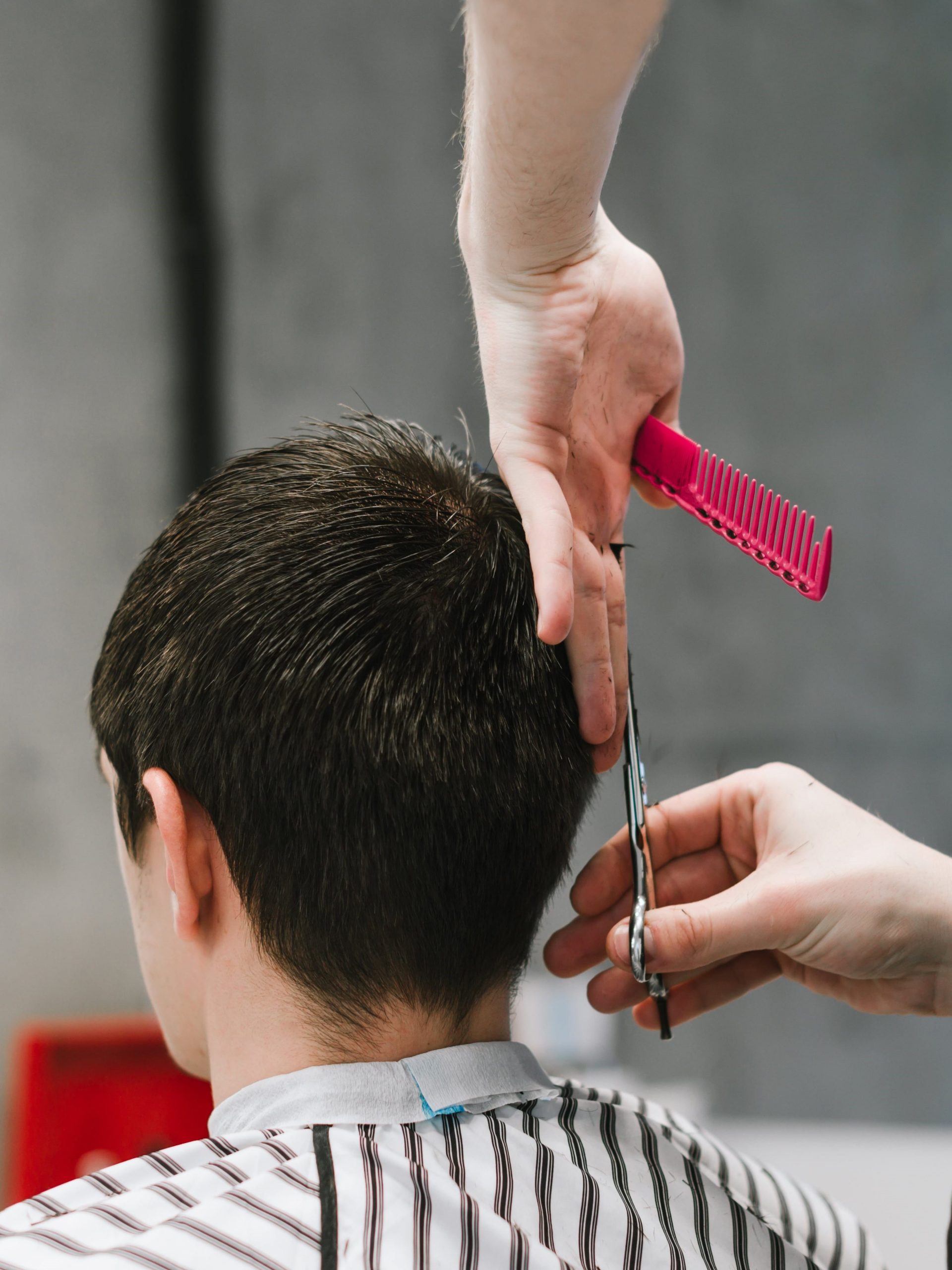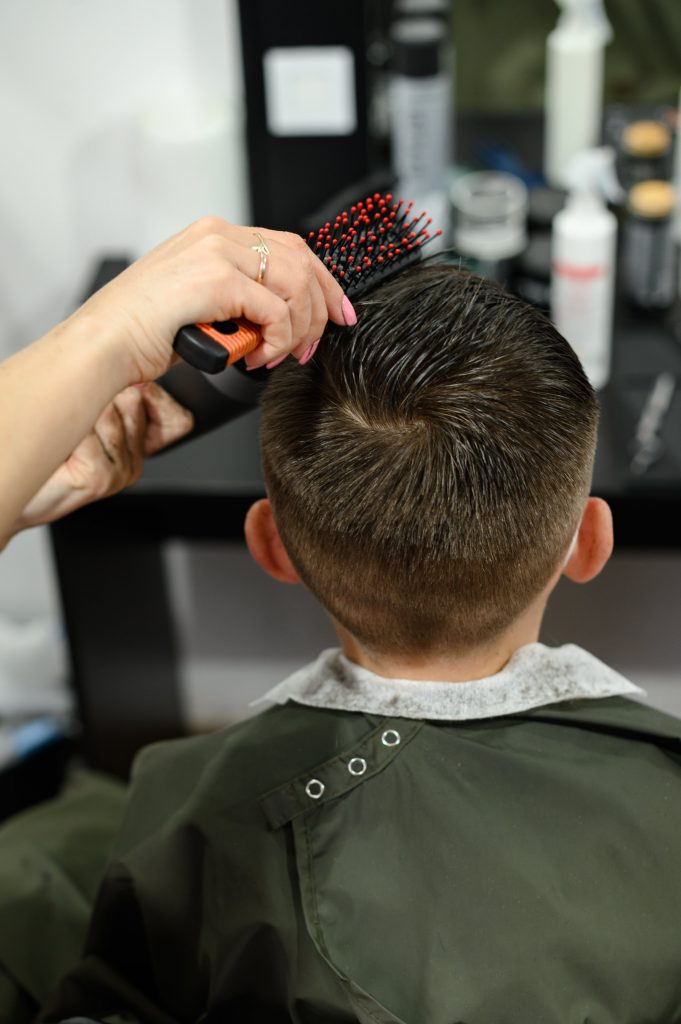Barbers are professionals who provide grooming services and are specialized in men’s hair. These professionals perform various services, so they have a wide variety of skills. If you want to know more about these experts and their qualifications, keep reading to get some helpful facts.
Are you looking for a local barbershop in & near Ann Arbor, MI? Our barbershop is perfect for you because we have all the required qualifications.
What Does a Barber Do?
A barber usually cuts and styles hair. This professional also trims beards and performs various grooming and skincare practices for people. Barbers generally give services to male customers, although some barbers provide services for all genders. Earning loyal customers is the primary goal of these professionals, and reviews and referrals are crucial for the success of their careers.


What Qualifications Should Barbers Have?
Barbers are highly skilled, and they can perform various tasks in cosmetology. They have to pass some educational programs to get enough knowledge and experience. When these professionals are knowledgeable and experienced, they can offer satisfactory services to their customers. A barber should pass some steps to become a professional:
1- Education
A high school diploma or a GED is usually what barbers need to have before going to a trade school or getting a certification. Barbers must pass some courses to become a professionals, and the courses generally range from nine months to two years. They practice on volunteers and mannequins to earn the required qualifications. Barbers also learn about skin and scalp diseases and how to prevent them. Cleaning the workspace and etiquette basics are other techniques that barbers must learn.
2- Experience
Most of the things that barbers do are hands-on activities. Therefore, they need to gain experience during their education and learn how to apply the techniques they have been taught. They might need to be educated more at a barbershop after their education.
The Required Skills for Barbers
Barbers are responsible for clients, and they must do their best. They usually earn new clients through reviews and referrals, so customer satisfaction is their primary goal. To get this satisfaction, barbers need many different skills. Here are some of the vital skills that barbers need:
1- Customer Service: Barbers usually spend more than an hour with customers, performing various services. So, customer service is the primary skill that a barber must have.
2- Good Listening Skills: Barbers must listen carefully to their customers. They need to be sure about clients’ requests and get the customers’ confirmation before starting the haircut or other services. Barbers must also accept feedback during the work.
3- Management of Time: Barbers work on appointments, so they must be punctual and respect them. Time management skills are crucial for barbers. They must know how much time they will allocate to a customer. Barbers who have time management skills can quickly maximize their earning potential.
4- Hand-Eye Proportion: Hand-eye coordination is vital for a barber, and it might allow the barber to complete the work with care and precision. These proportion skills are necessary for precise cutting or adding color to hairs. Some services require sheers or razors around the face of the customers; hand-eye coordination is crucial here to keep the clients safe.
5- Knowledge About Hair: Barbers deal with customers with different hair types. So, they must have fundamental knowledge about hair. This knowledge can expand the customer base, and the barber can provide more professional recommendations for the customers.
6- Creativity: Customers come to a barbershop with something in their minds. A professional barber must be creative enough to provide recommendations and help customers to achieve what they wish.
7- Communication Skills: Communicational skills allow you to interact with clients and build a network for your career. Many services take a long time to accomplish, and a barber must have the proper interpersonal skills to start conversations with customers. These conversations can build a relationship with clients, and the relationship can bring loyalty. Communicational skills also help you build networking with professionals in your industry, and this networking can bring more opportunities.

